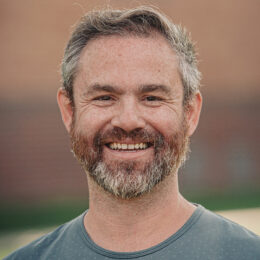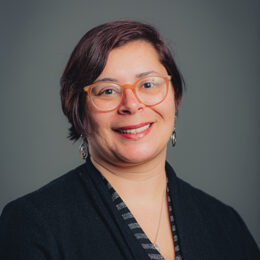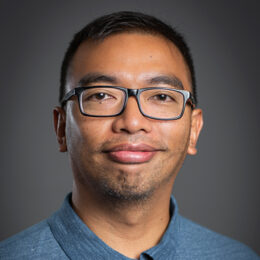Explore the Past. Understand the Present. Shape the Future.
Examine the big questions of meaning, identity, and justice through history, politics, philosophy, and religious studies.
The Department of History & Philosophical studies offers a dynamic environment where students explore the ideas, values, and power structures that have shaped our world—and discover how they can make a difference.
In addition to offering degree programs in history, political science, philosophy, and religious studies, the department is home to the Pre-Law track and Manchester’s renowned Peace Studies program.
The department fosters interdisciplinary collaboration, critical thinking, and a deep commitment to understanding and resolving conflict, equipping graduates to engage thoughtfully and compassionately with the challenges of our times.
Recent Placement into Graduate Programs
Manchester University philosophy and religious studies majors and minors are prepared for an expansive selection of options after finishing their undergraduate degrees. Here are some of the fields and institutions our graduates have chosen to pursue:
- Medicine: Harvard University, University of New Mexico
- Law: IU Indianapolis, IU/Bloomington, Ohio Northern University
- Philosophy: Colorado State University, Cornell University, Indiana University/Bloomington, Purdue University, St. Andrews University (Scotland), University of Minnesota, University of Notre Dame, University of Wisconsin/Milwaukee, Temple University
- Theology/Religious Studies: Bethany Theology Seminary, Candler School of Theology (Emory), Iliff School of Theology, Catholic University of America
- City Planning: MIT
- Economics: University of South Florida
- Library Science: Kent State, University of Illinois (Champagne/Urbana), University of Michigan (Ann Arbor)
- Museum Studies: IU Indianapolis
- Political Science: University of Chicago.
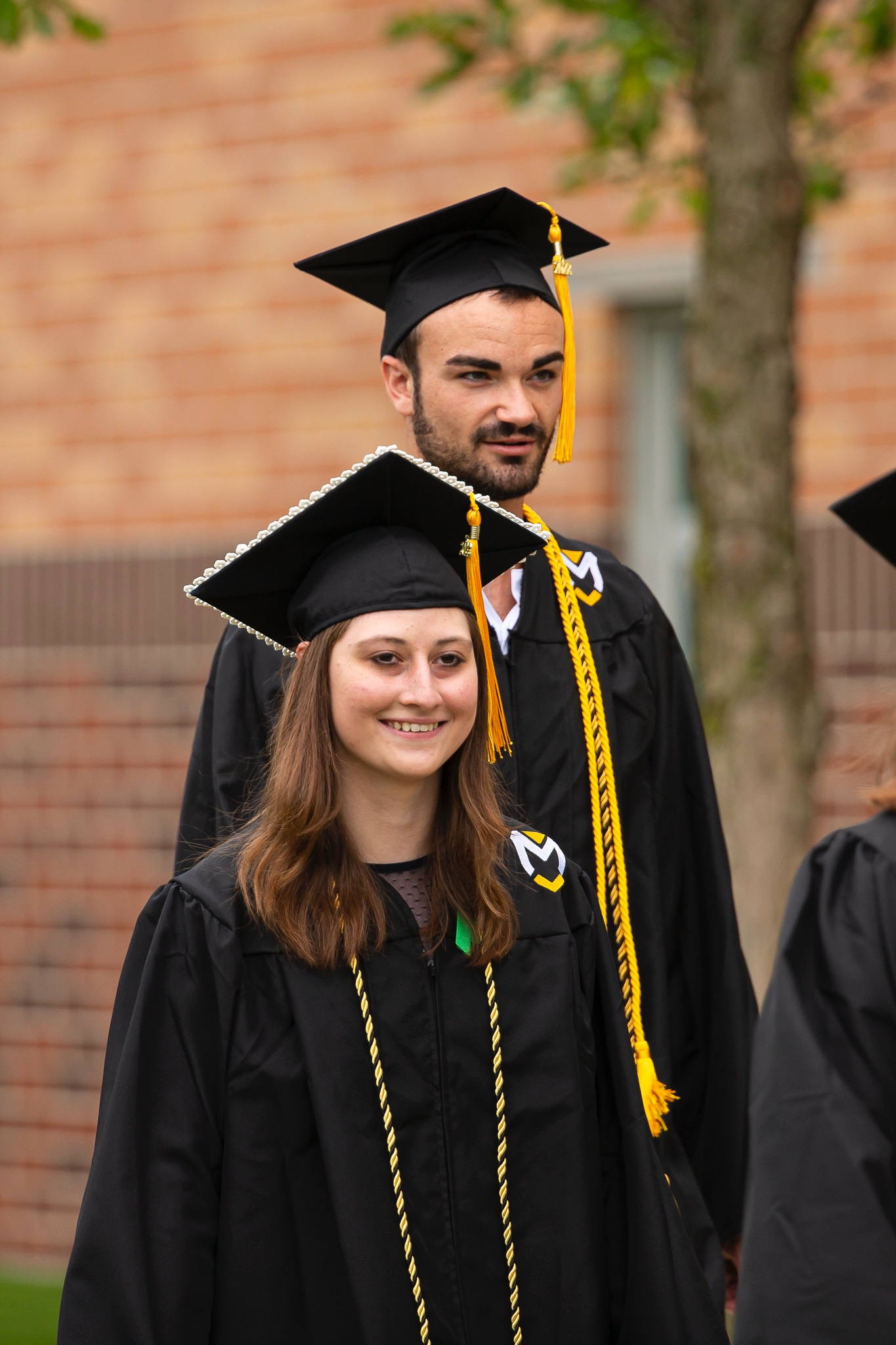

Program & Degrees
History Program Learning Outcomes
Students will develop an understanding of and an appreciation for the diversity, complexity, and richness of the human past.
Student Learning Outcomes
- Students will explore the intellectual, social, political, cultural, and economic dimensions of the human past.
- Students will investigate the human past through the lenses of race, gender, class, ethnicity, and more,
Students will have an understanding of chronological reasoning as it relates to change over time.
Student Learning Outcomes
- Students will explore the intellectual, social, political, cultural, and economic dimensions of the human past.
- Students will investigate the human past through the lenses of race, gender, class, ethnicity, and more.
Students will achieve written and oral proficiency in the skills of historical inquiry.
Student Learning Outcomes
- Students will analyze primary and secondary sources to support well-reasoned historical arguments and draw valid conclusions.
- Students will write cogently, critically, and analytically on historical questions.
- Students will demonstrate effective oral communication skills, through presentation of their research, active and attentive listening skills, and direct and meaningful responses to the questions, arguments, and interpretations of others.
Philosophy Program Learning Outcomes
1. Demonstrate critical and independent thinking
Student Learning Outcomes:
- Explicate, elucidate, and evaluate philosophical arguments.
2. Develop a sense of self and of responsibility to others with respect to philosophical frameworks.
Student Learning Outcomes:
- Understand major philosophical theories and their applications
- Analyze the assumptions that underlie different ways of understanding the human and natural world
- Apply philosophical frameworks to personal and social circumstances and evaluate these positions.
Political Science Program Learning Outcomes
1. Develop a comprehensive understanding of political theories and ideologies that underpin the study of political phenomena
Student Learning Outcomes:
- Identify key political concepts, ideologies and theories, explain their historical development and relevance to contemporary politics.
- Analyze and critique key political concepts, ideologies, and theories, identifying their core elements and shortcomings, and how they contribute to political knowledge.
2. Understand and evaluate political institutions, processes, and systems.
Student Learning Outcomes:
- Explain the structure, function, and role of political institutions (e.g., legislatures, executives, courts) at local, national, and/or international levels.
- Apply political theories to current events and global issues, evaluate the factors that shape political behavior, institutions, and policymaking, and assess how these elements influence outcomes within and beyond nation-states.
3. Develop critical thinking and communication skills and cultivate social science research skills.
Student Learning Outcomes:
- Critically evaluate historical and contemporary debates, the underlying assumptions in political discourse, and engage in reasoned debate and discussion on political issues, demonstrating the ability to articulate well-supported arguments.
- Construct research questions, design research projects, and apply appropriate qualitative and/or quantitative research methods to investigate political phenomena.
- Produce evidence-based persuasive arguments and/or research findings in clear, concise written and oral forms, effectively communicating complex ideas to both academic and non-academic audiences.
Peace Studies Learning Outcomes
1. Students will understand and analyze the dynamics of conflict, be it interpersonal, intragroup, or between nations or global parties.
Student Learning Outcomes
- Students will analyze conflicts from different disciplinary perspectives including psychological, social, cultural, political, economic, environmental, religious, and historical ones.
- Students will demonstrate an understanding of definitions and the causes of violence, both direct and structural (such as economic, environmental, racial-ethnic, religious, and gender) and the relationship between justice and peace.
2. Students will know nonviolent strategies to address conflicts and challenges to peace and justice.
Student Learning Outcomes
- Students will explain why and how individuals and groups use nonviolence to promote peace and social justice, including the principled and pragmatic rationales for its use; the varieties of nonviolent action; the dynamics of nonviolent action; and the role of strategic planning in nonviolent campaigns.
- Students will develop strategies for the prevention of violence, the promotion of social justice, and the peaceful resolution of conflicts at the interpersonal, intergroup, and international levels.
- Students will develop mediation and conflict resolution skills that are valuable in both personal and professional life.
3. Students will develop strong critical thinking, writing, and communication skills that are transferable to any field.
Student Learning Outcomes
- Students will generate well-crafted written and oral arguments and demonstrate group facilitation skills.
Learn more about the Peace Studies program.

History of MU Peace Studies
In 1948, Gladdys Muir established the world’s first undergraduate peace studies program at Manchester. But to believe that Muir’s program focused narrowly on the prevention of war is to largely miss the point, says Katy Gray Brown ’91, director of Manchester’s Peace Studies Institute.
Muir took an interdisciplinary approach to peace studies, with a distinctive emphasis on philosophy. From the start, “Muir made all these completely nuanced connections” examining issues of interpersonal conflict and structural injustice, such as economic disparity. Muir’s pioneering program was not only foundational and unique – 23 years passed before another U.S. institution offered an undergraduate peace studies major – it was visionary, says Gray Brown.
In particular, Muir is remembered for the personal interest she took in students. She invited them to her home for weekly teas and corresponded with them long after they graduated. Her approach to peace studies, says Gray Brown, was “very interdisciplinary, very applied, very interpersonal.” For all those reasons, it also was “very Manchester.”

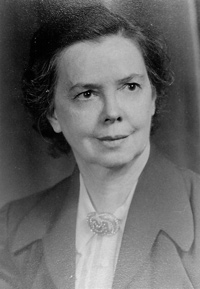
Gladdys Muir








